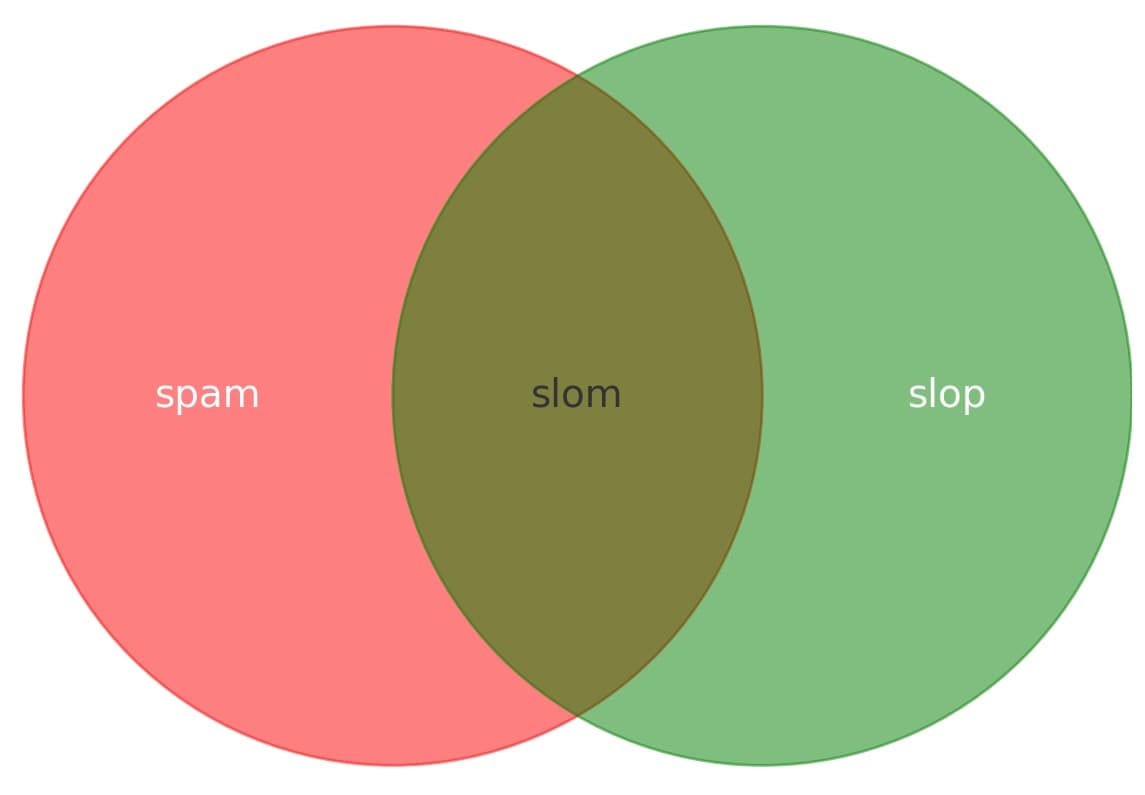Wednesday, 8th May 2024
gpt2-chatbot confirmed as OpenAI
(via)
The mysterious gpt2-chatbot model that showed up in the LMSYS arena a few days ago was suspected to be a testing preview of a new OpenAI model. This has now been confirmed, thanks to a 429 rate limit error message that exposes details from the underlying OpenAI API platform.
The model has been renamed to im-also-a-good-gpt-chatbot and is now only randomly available in "Arena (battle)" mode, not via "Direct Chat".
Towards universal version control with Patchwork (via) Geoffrey Litt has been working with Ink & Switch exploring UI patterns for applying version control to different kinds of applications, with the goal of developing a set of conceptual primitives that can bring branching and version tracking to interfaces beyond just Git-style version control.
Geoffrey observes that basic version control is already a metaphor in a lot of software—the undo stack in Photoshop or suggestion mode in Google Docs are two examples.
Extending that is a great way to interact with AI tools as well—allowing for editorial bots that can suggest their own changes for you to accept, for example.
Tagged Pointer Strings (2015) (via) Mike Ash digs into a fascinating implementation detail of macOS.
Tagged pointers provide a way to embed a literal value in a pointer reference. Objective-C pointers on macOS are 64 bit, providing plenty of space for representing entire values. If the least significant bit is 1 (the pointer is a 64 bit odd number) then the pointer is "tagged" and represents a value, not a memory reference.
Here's where things get really clever. Storing an integer value up to 60 bits is easy. But what about strings?
There's enough space for three UTF-16 characters, with 12 bits left over. But if the string fits ASCII we can store 7 characters.
Drop everything except a-z A-Z.0-9 and we need 6 bits per character, allowing 10 characters to fit in the pointer.
Apple take this a step further: if the string contains just eilotrm.apdnsIc ufkMShjTRxgC4013 ("b" is apparently uncommon enough to be ignored here) they can store 11 characters in that 60 bits!
Modern SQLite: Generated columns (via) The second in Anton Zhiyanov's series on SQLite features you might have missed.
It turns out I had an incorrect mental model of generated columns. In SQLite these can be "virtual" or "stored" (written to disk along with the rest of the table, a bit like a materialized view). Anton noted that "stored are rarely used in practice", which surprised me because I thought that storing them was necessary for them to participate in indexes.
It turns out that's not the case. Anton's example here shows a generated column providing indexed access to a value stored inside a JSON key:
create table events (
id integer primary key,
event blob,
etime text as (event ->> 'time'),
etype text as (event ->> 'type')
);
create index events_time on events(etime);
insert into events(event) values (
'{"time": "2024-05-01", "type": "credit"}'
);
Update: snej reminded me that this isn't a new capability either: SQLite has been able to create indexes on expressions for years.
OpenAI Model Spec, May 2024 edition (via) New from OpenAI, a detailed specification describing how they want their models to behave in both ChatGPT and the OpenAI API.
“It includes a set of core objectives, as well as guidance on how to deal with conflicting objectives or instructions.”
The document acts as guidelines for the reinforcement learning from human feedback (RLHF) process, and in the future may be used directly to help train models.
It includes some principles that clearly relate to prompt injection: “In some cases, the user and developer will provide conflicting instructions; in such cases, the developer message should take precedence”.
Slop is the new name for unwanted AI-generated content
I saw this tweet yesterday from @deepfates, and I am very on board with this:
[... 301 words]It should be noted that no ethically-trained software engineer would ever consent to write a DestroyBaghdad procedure. Basic professional ethics would instead require him to write a DestroyCity procedure, to which Baghdad could be given as a parameter.
